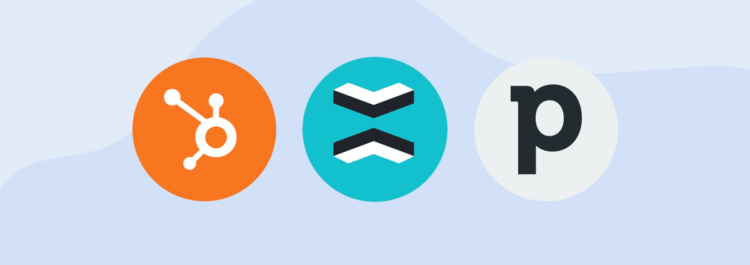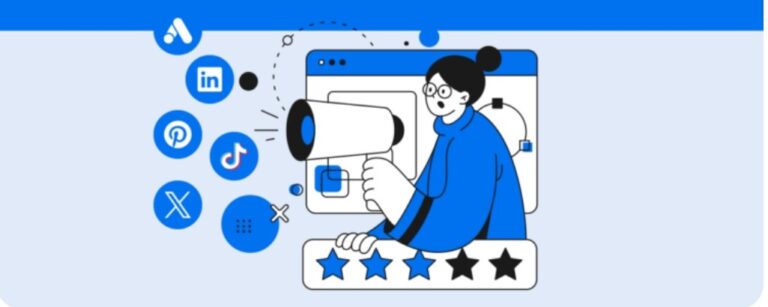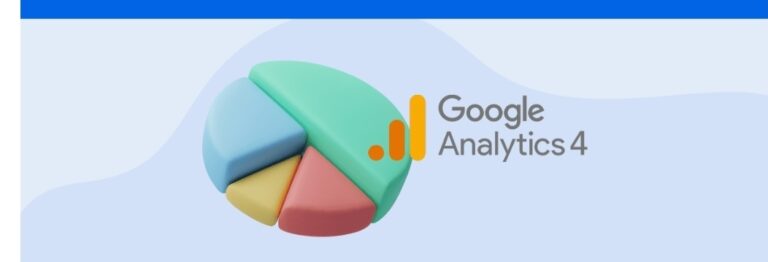Discover the benefits and differences between these three CRM tools before choosing the ideal one for your company or agency
In digital marketing, where efficient customer relationship management is crucial for the success of any company, choosing the right CRM (Customer Relationship Management) tool plays a fundamental role.
Among the market-leading options, three stand out: HubSpot CRM, RD Station CRM, and Pipedrive, each offering distinct functionalities to meet the needs of different types of businesses.
Thus, in this article, we will discuss the features, advantages, and disadvantages of these three platforms, to assist managers and sales professionals in making the best decision about which CRM is most suitable for driving company growth and strengthening ties with customers. Let’s go?
HubSpot CRM, RD Station CRM, or Pipedrive: Which to Choose?
Next, we present the three CRM tools, differentials of each, and how to make a good choice for your company’s routine. Follow along!
Hubspot CRM
HubSpot CRM is a free platform that offers much more than conventional contact and client management. Full of essential features for a more practical and efficient routine, it serves not only sales teams but also marketing, customer success, and much more.
In addition to tracking leads more easily, it is possible to monitor engagement, access templates, schedule emails, share documents, schedule meetings, live chat, and even prepare sales quotes.
See below the main free features for each team:
| Sales Leaders | Dashboard of reports, company insights, business tracking, and pipeline management |
| Salespeople | Contact management, call tracking, company insights, and pipeline management |
| Marketing Professionals | Form creator, ad management, lead generation, and landing page builder |
| Customer Service | Technical support system, conversation inbox, chat and chatbots, and team emails |
| Operations Managers | Data synchronization, productivity tools, forms, and prospect tracking |
| Business Owners | Lead tracking and management, document tracking, pipeline management, and ticket opening |
The differentiator goes beyond the free features and also includes support for up to 1 million contacts, with no user or customer data restrictions for the account.
For those seeking more advanced features, HubSpot offers premium options through the Sales Hub, providing solutions for more specific business needs.
RD Station CRM
RD Station CRM’s strong point is the centralization of the process, providing a unified environment for task automation and sales funnel customization. This simplified approach not only organizes the commercial routine but also allows a deep understanding of the sales flow, ensuring efficiency at every stage.
Moreover, the tool offers robust features for team performance monitoring. By setting sales goals and generating detailed reports, it’s possible to understand how the team is working, allowing for evaluations and comparisons of results.
An innovative feature is integration with WhatsApp, enabling negotiations to be conducted without leaving the platform. With the free WhatStation extension, users access CRM functionalities directly on WhatsApp Web, update data, and standardize messages, further simplifying the sales process.
Along with this, the complete history of actions allows for improved service, from the initial approach to closing the deal. In total, there are three plans available for RD Station CRM, one of which is free.
Pipedrive CRM
Pipedrive’s CRM solution offers a unique approach to boosting sales, focusing on visual and effective customer relationship management.
For this, its visual sales funnel not only simplifies lead tracking but also provides a clear view of opportunities, measures key activities, optimizes the sales flow, and directs focus to commercial success.
Additionally, automated reminders and follow-ups are allies in improving productivity, eliminating repetitive and time-consuming tasks. Meanwhile, real-time reports offer valuable insights into commercial processes needing priority, contributing to more informed decisions.
Thus, Pipedrive’s main features provide a complete CRM experience, adaptable to the specific needs of your sales cycle, always prioritizing ease of viewing information on the platform.
One downside of Pipedrive is that it does not have a free version, and payment is in dollars. However, its plans are quite diverse, catering to the varied needs of users.
Which Sales Management Platform to Invest In?
The choice between HubSpot CRM, RD Station CRM, and Pipedrive for sales management depends on the functionalities that best align with your goals. Each of these platforms offers distinct characteristics, excelling in different aspects:
- For example, HubSpot CRM stands out for its free nature and a wide range of resources, including comprehensive management of contacts, deals, and tasks, as well as functionalities available for all teams involved in the sales process;
- Meanwhile, RD Station CRM focuses on simplicity and efficiency, offering a visual sales funnel, team performance tracking, and WhatsApp integration, providing a practical approach centered on customer relationships;
- Pipedrive differentiates itself with the visual management of the sales funnel and features such as automated reminders, funnel customization, and team collaboration, contributing to a more transparent and effective process. Despite its plans being all paid and in dollars, a wide range of solutions can be found for each company’s needs.
Finally, to make the right decision, consider the size of your organization, the complexity of your sales cycle, and the specific features that are a priority for your business.
Evaluate the functionalities offered by each platform, take into account ease of use, and, of course, integration with other tools your company already uses.
Why Use a CRM in Your Agency or Company?
Regardless of whether the choice is Hubspot, RD Station, or Pipedrive, using a CRM offers a series of crucial benefits for the success and growth of your business. Here are some reasons to adopt a sales management system in your routine:
- Centralization of information, as it consolidates customer data in one place. This facilitates access to and understanding of the history of interactions and transactions, providing a comprehensive view of customer relationships;
- Improvement in internal communication: by using a CRM, different departments of the company can share information efficiently. This promotes more fluid and collaborative communication between teams;
- Automation of tasks, offering features that help simplify repetitive and time-consuming activities. This frees up time for the team to focus on strategy, such as closing deals and improving customer service;
- Efficient management of the sales funnel, as the CRM allows visualization of the entire sales process, identifying bottlenecks, measuring team performance, and optimizing conversion strategies;
- Analysis and reports, to assess the performance of the sales team and revenue forecasts. These data-driven analyses are valuable for making informed and strategic decisions;
- Scalability, facilitating adaptation to changes in size and business needs, ensuring that operations continue to be efficient.
In summary, implementing a CRM provides a holistic, data-driven approach to customer relationship management, promoting efficiency, collaboration, and sustainable growth of your agency or company.



